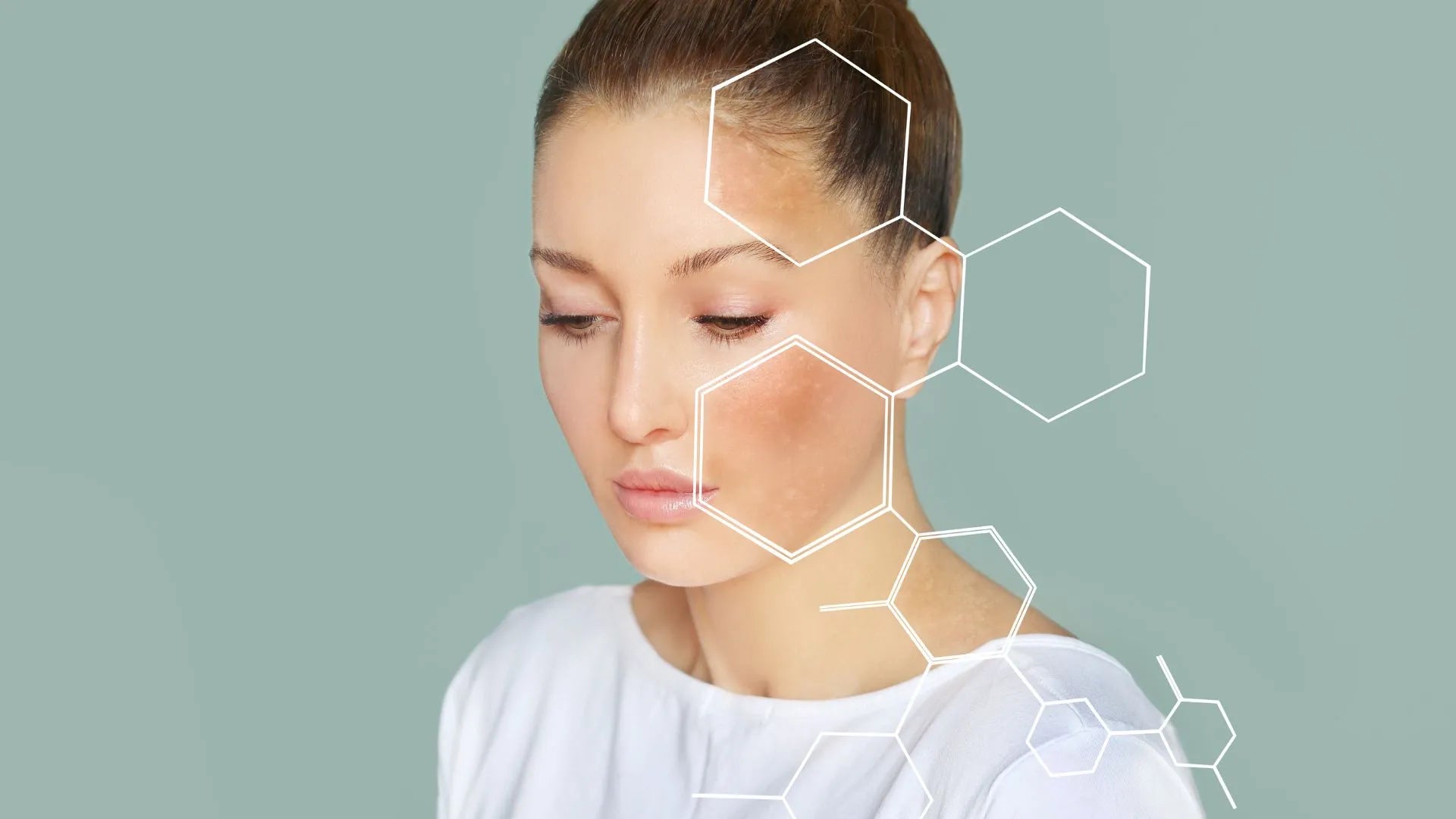Welcome to our comprehensive guide on understanding the differences between skin conditions and skin types. If you're studying esthetics or simply interested in skincare, this article will provide you with valuable insights into these two important aspects of skincare. By the end of this guide, you'll have a clear understanding of how skin conditions and skin types differ and how to identify and address them effectively.
Skin Type and Skin Condition
Think of your skin type as your skin's blueprint. It's the inherent characteristic determined by genetics and stays relatively stable throughout your life. There are five main types: normal, dry, oily, combination, and sensitive. Each type is characterized by its oil (sebum) production and how it reacts to external factors.
Skin conditions, on the other hand, are temporary or chronic issues that can arise on any skin type. They can be caused by various factors like genetics, infections, your immune system, or even lifestyle choices. These concerns come and go, and can be treated or managed.
Skin Types: The Blueprint
There are five main types:
- Normal: The holy grail, this type boasts balanced oil production, resulting in a radiant, even-toned complexion.
- Dry: Characterized by a lack of oil (sebum) production, dry skin feels tight, and rough, and can appear flaky.
- Oily: Prone to shine and visible pores, oily skin is caused by overactive sebaceous glands that produce excess sebum.
- Combination: A mix of both worlds, this type typically has an oily T-zone (forehead, nose, chin) and drier cheeks.
- Sensitive: This type reacts easily to irritants, causing redness, itching, or burning sensations.
Your skin type is relatively stable throughout your life, although hormonal fluctuations and external factors can influence its appearance.
Skin Conditions: Temporary or Chronic Concerns
Skin conditions, on the other hand, are temporary or chronic issues that arise on any skin type. They can be caused by various factors like:
- Genetics: Eczema, psoriasis, and rosacea can have a hereditary component.
- Microorganisms: Bacterial or fungal infections can manifest as acne, athlete's foot, or ringworm.
- Immune System: Psoriasis and eczema are linked to an overactive immune response.
- Lifestyle: Stress, diet, and sun exposure can exacerbate acne, rosacea, and premature aging.
Common Skin Conditions
- Acne: Characterized by pimples, blackheads, and whiteheads, acne is a common inflammatory condition affecting the sebaceous glands.
- Eczema: This itchy, red, and inflamed skin condition can be triggered by irritants or allergens.
- Psoriasis: This chronic autoimmune condition causes raised, red, scaly patches on the skin.
- Rosacea: This inflammatory condition leads to facial redness, flushing, and visible blood vessels.
- Eczema: Characterized by dry, itchy, and inflamed skin, eczema can be triggered by irritants or allergens.
Taking Care of Your Skin
The key to a healthy complexion lies in understanding your unique skin type and addressing any present conditions.
- Know your type: Identify your skin type and choose skincare products formulated for its specific needs.
- Gentle cleansing: Avoid harsh soaps that strip natural oils.
- Moisturize daily: Hydrate your skin regardless of type to maintain a healthy barrier.
- Sun protection: Daily sunscreen use is crucial to prevent premature aging and skin cancer.
- Consult a dermatologist: If you have a persistent skin concern, seek professional diagnosis and treatment.
By understanding the distinctions between skin types and conditions, you can establish a personalized skincare routine that keeps your skin healthy and glowing!






